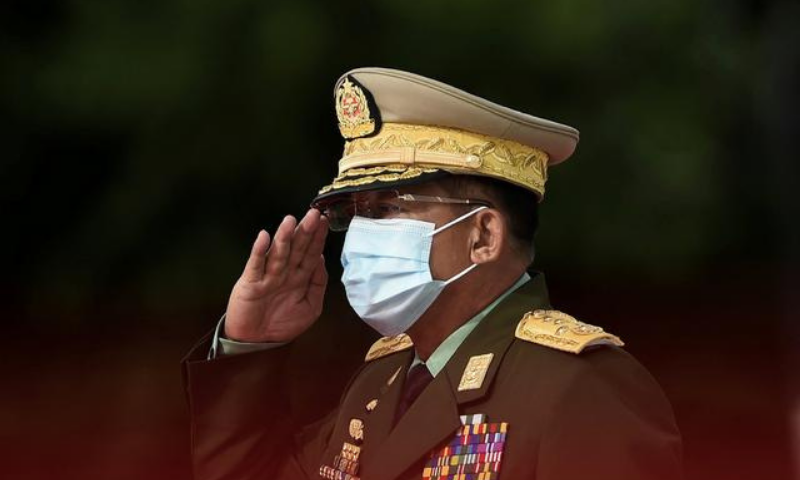JAKARTA: A coup in Myanmar has left the military in control under a one-year state of emergency, while the country’s de facto leader Aung San Suu Kyi and other senior politicians have been detained. Here’s a look at what could be behind the military’s actions.
WHY NOW?
Monday was supposed to be the first day of a new session of parliament following November elections that Suu Kyis party won in a landslide and in which the military-backed party did poorly. The military has claimed widespread irregularities on voter lists could have led to fraud in that vote, though the election commission said there was no evidence to support those claims.
But the announcement on military-owned Myawaddy TV of the takeover cited the government’s failure to act on the allegations as part of the reason for the move.
It also said the government’s failure to postpone the elections despite the coronavirus pandemic was behind it.
The military maintains its actions are legally justified, and the announcement cited an article in the constitution that allows the military to take over in times of emergency, though Suu Kyi’s party’s spokesman and many outsiders have said it’s effectively a coup.
Some experts expressed puzzlement that the military would move to upset the status quo in which the generals continue to hold tremendous power despite progress toward democracy in recent years.
But some noted the looming retirement of Gen Min Aung Hlaing, who has been commander of the armed forces since 2011 and who was put in charge on Monday.
“There’s internal military politics around that, which is very opaque,” said Kim Jolliffe, a researcher on Myanmar civilian and military relations. “This might be reflecting those dynamics and might be somewhat of a coup internally and his way of maintaining power within the military.”
